Healthcare Applications for Medical Personnel in 2024
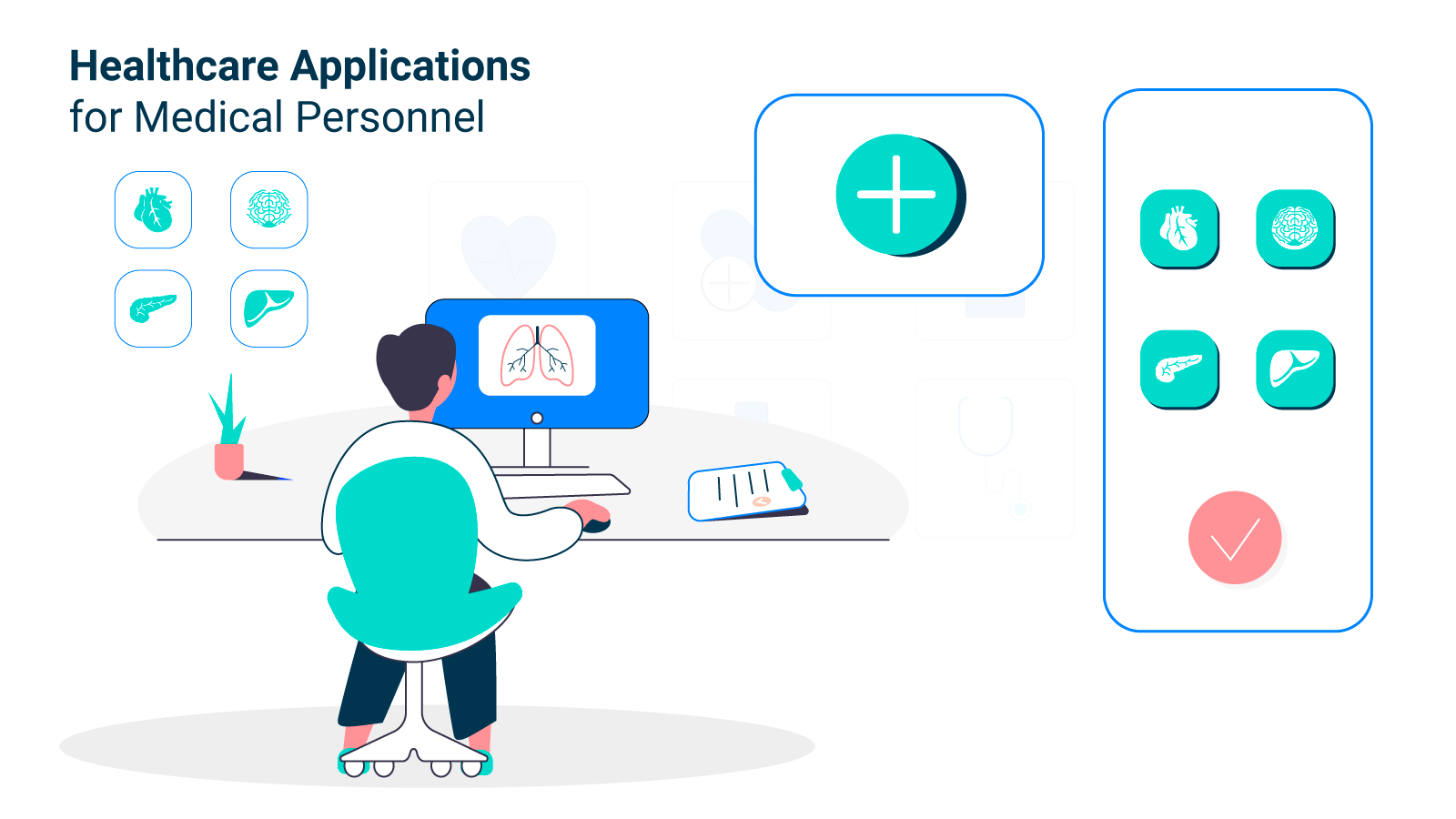
Living in the digital era where almost everything has its digital solution, it is natural to have healthcare steadily transforming. Once that seemed unreal, now is a necessity. Once visiting a doctor was pre-planned, now you can simply use your smartphone to “see your doctor.” Of course, all these innovations make life more comfortable if implemented and appropriately delivered.
Keeping pace with healthcare changes and transformation, we have come to medical personnel and healthcare apps to assist their job. This article will disclose the trends of mHealth, the market overview, the challenges the medical personnel is facing, and the digital solutions implemented in healthcare transformation.
Market Overview
With the advancement of technology, the need for patients and healthcare apps for doctors will increase. According to Precedence Research, by 2030, the global mHealth market will increase up to $243.57 billion. The segment will continue growing at a CAGR of 18,2%, parallel to the growing popularity of health-related apps.
What are the benefits of Mobile Health Technology for Medical Personnel?
Mobile technologies are exceptionally beneficial, especially when connecting and automating things. Thus, the benefits of mobile health technologies for medical personnel come down to three main points:
Efficiency: time is critical in any aspect, but time can play a fatal role in life and health support. This is why most mobile technologies and mobile apps are created to automate time-consuming processes. For example, patient registration, data storage, regular doctor’s visits, consultancy, etc.,
Accuracy: focusing on important things rather than paperwork will help physicians increase accuracy in delivering health services. Mobile apps can now digitize patient data and saving in one place in an electronic, easy-to-understand format. The united database will also help physicians carry out research and collaboration, discuss patients’ history with coworkers, and deliver more accurate diagnoses.
Convenience: the efficiency and accuracy of mobile apps bring convenience to medical personnel. By convenience, we mean all the essential tools available at their fingertips: patient data, virtual consultancy, making prescriptions, and much more.
The main types of mobile healthcare applications
Healthcare mobile applications provide a spectrum of services and management tools, each of them addressing specific challenges. The healthcare software industry can be divided into several categories:
- Telehealth apps
- E-prescription apps
- EHR & EMR software
- Appointment Scheduling apps
- Decision-making apps
- Medical education and training apps
- Medical diagnosis software
- Imagining and visualisation
- Medical database software
- Medical equipment management
TELEHEALTH APPS
Telemedicine or telehealth, a broader term, is a technology that uses modern communication tools and devices to distribute health-related operations (e.g., medical consultation, real-life therapy, medical supervision, monitoring, learning, etc.), even over long distances.
Telehealth app development may refer to general medical conditions like fever or flu, behavioral health concerns like addictions, depression, and psychologist consultation. The goal is to provide medical services like consulting with a doctor or a practitioner remotely.
Improved telehealth software can become an answer in times of limited mobility, lack of funding, restriction of medical staff, etc. One day, telehealth allows for remote surgeries via digital instruments and robotics.
MDLive is one of the widely-used apps for remote medical care. Doctors receive information about a patient collected by an AI assistant in advance, saving time during the personal consultation.
E-PRESCRIPTION APPS
Reminder applications and e-prescription software may play a vital role, especially in chronic disease management. There is a significant portion of people with diabetes or those who need a specific on-time medication intake. Any forgotten pill or dose may threaten the health of a patient.
A solution lies in the e-prescription application that allows doctors to add or update prescribed medicine before it runs out, track the condition, and set alarms for taking the pill for the patient. For instance, the Echo app can track medications and has free and on-time delivery of pre-order medicines.
EHR & EMR SOFTWARE
Electronic Health Records software is developed to provide up-to-date, real-life information about the patient in a secure manner. Such EHR systems can serve as a unified resource across different healthcare providers. Only users with permissions can grant access to this data. It reduces bureaucracy, enhances the record-keeping processes, and quicker patient diagnosing and treatment.
Electronic records may include treatment history, lab results, X-rays, list chronic diseases, allergies, previous medications, and even info about billings and payment for healthcare services. The information can be accessible inside one medical institute or shared among different healthcare providers.
The most vivid examples of EHR software are eClinicalWorks, and Allscripts Professional EHR, with lots of helpful functionality.
APPOINTMENT APPS
This healthcare app helps compose schedules and set appointments to visit a hospital or a particular doctor effectively.
Electronic journals and calendars will remove manual work and minimize mistakes. Aside from improved operations, the functionality can include preliminary notifications and any potential changes in the calendar.
Zocdoc illustrates an excellent example of the healthcare app. With its help, patients can choose their doctor, set an appointment, and match their calendars.
DECISION-MAKING APPS
This category of apps with decision-making features can refer to the supportive software for medical professionals and check for the information for the right decisions. These may include different reference apps and databases of medications, disease symptoms, conditions, medical terms, and guides for medication compatibility. For instance, the Lexicomp app is a compound resource of interaction among drugs and medical calculators.
MEDICAL EDUCATION AND TRAINING APPS
Applications can have an educational goal, namely healthcare portals or web platforms for students of medical universities. The good idea is to include some gamification elements in any such project.
Medical students have to memorize a considerable amount of details, and these applications can become very handy. For example, an app like Human Anatomy Atlas showcases the entire human body in minor details. Another example is a testing and quiz application, EMT: Pocket Prep, for learning healthcare materials in iterations.
MEDICAL DIAGNOSIS SOFTWARE
The apps enable real-time information exchange among different physicians and medical specialties for fast and reliable medical diagnosis. The mobile application allows entering information and possible disease process for a patient. The physicians may enter their data simultaneously about the exact patient and create a single database where physicians can discuss the diagnosis and treatment.
IMAGINING AND VISUALIZATION
Healthcare technologies and equipment are already used for visualization and diagnosis. Today, mobile technologies are created to support existing equipment with programs that allow implementing visualizations in surgical planning and telesurgery.
MEDICAL DATABASE SOFTWARE
This type of software can have only one function, i.e., converting patient’s data into electronic data and saving it for internal access. The data may include the patient’s medical history, procedures, medications, etc. For more practical use, the data is classified according to various filters.
MEDICAL EQUIPMENT MANAGEMENT
The smart equipment and tools are not integrated into mobile apps that give more mobility and control over the equipment. Similar apps enable tracking and monitoring of the functionality of medical devices, thus accelerating decision-making.
Technology Stack for Healthcare Mobile app
The function and value of a mobile app are validated through a tech stack that supports the idea. The tech stack of a mobile healthcare app may slightly differ depending on the type and third-party APIs, but the core tech stack is almost the same.
| Aspect | Technology Options |
| Operating System | iOS, Android |
| Development | Swift (iOS), Kotlin (Android) |
| Frontend | React Native, Flutter |
| Backend | Node.js, Python (Django) |
| Database | Firebase, MySQL, MongoDB |
| Cloud Hosting | AWS, Google Cloud, Azure |
| Security | HIPAA Compliance, SSL/TLS |
| Analytics | Mixpanel, Google Analytics |
How to Build an Effective Medical Mobile App?
Mobile app development is a comprehensive process that follows business planning. The success of any app depends on each stage of planning and software engineering. To ensure your future success follow the steps on how to build an effective medical mobile app.
- Analyzing current medical market
- Defining app niche and functionality
- Putting up a list of must-have features
- Hiring a dev team
- Developing an app following privacy and security standards
- Testing your app
- Validating your idea with MVP deployment
In some cases, health-related mobile apps may fail. The sensitive segment requires exceptional professionalism and expertise in the relevant field to deliver functionality that is packed in an attractive design. Here are some reasons why an app may fail.
Poor UX design that is not user-centric.
UX design is the key to your project’s success and the development team plays a critical role in this stage.
- Failed to comply with local regulations and laws.
Make sure you comply with regulations, like the Health insurance portability and accountability act (HIPAA), The Health Information Technology for Economic and Clinical Health Act (HITECH Act), the California Consumer Privacy Act (CCPA), US National Institute of Standards and Technology (NIST) in the USA or General Data Protection Regulation (GDPR), The Network and Information Security Directive in the European Union. In the case of Canada, the healthcare sector is regulated by the Personal Information Protection and Electronic Documents Act (PIPEDA).
- Lack of knowledge in medical software development.
Once again, you need to study the portfolio of the team you are hiring.
- An app that does not meet the needs of doctors and patients.
Testing and feedback phases should be completed to ensure you developed a product that meets customers’ needs.
How much does it cost to build an app for Medical Personnel?
Developing a medical app costs vary across different things including technology, the functionality of such an application, its design and post launch support. They basic expense ranges between $50,000 to $100,000. However, the dynamic range for its overall value generated is from $45,000 to $120,000 in relation to how complex the app is considered plus based on different platforms and hiring of development team’s ranging rates. The end result is this variability as it grows from features, number of platforms and time that the development was taken. It is making a detailed breakdown.
| Feature | Development time |
| Dashboard | 12-14 hours |
| Authorization | 8-10 hours |
| User profile | 10-14 hours |
| Booking an appointment | 12-16 hours |
| Calendar synchronization | 4-8 hours |
| Video, audio calls | 14-20 hours |
| Register the visit | 6-10 hours |
| Push notifications | 6-8 hours |
| Payment system integration | 16-20 hours |
| Related functionality | 20+ hours |
Mobile Technology in the Healthcare Industry, Medical Apps, healthcare in mobile, medical mobile apps, Medical Personnel, medical apps development, Healthcare Applications, Apps for Doctors, Native Apps, Translation App Development
Develop Your Mobile Health App
Transform healthcare experiences with your own mobile health app
Our Expertise Covers:
✅ Telemedicine and virtual consultations
✅ Electronic health records integration
✅ Medication tracking and health monitoring features
Table of contents
FAQ
Healthcare app development is building an app type that is meant to help users manage their medical conditions. They can give advanced user experience, boost the operations of a clinic, and even predict the patient’s inflow.
To provide the right mobile solution, we rely on the skills of our experts who have the experience and knowledge to make an app that will bring profits. We study our competitors and are thorough in the software architecture, prototyping and design, development, QA and testing, deployment, and ongoing support.
NGINX or Apache Laravel MySQL or MongoDB AWS for backend development, React Native or Flutter Swift Java for frontend development.
Our clients are hospitals, privately-owned companies, and institutions that aim to make an impact or improvement in the healthcare industry.
Addevice has quite a few successful cases of medical app development. One of them, Alertive assists patients and doctors to track health vitals via connected and FDA-approved wearables. It has developed into a successful business that raised $2 million. Another example is the Enlive Dental platform designed for dental hospital management.
The cost of a digital health app may vary from $45.000 to $80.000 depending on the complexity. The complex app for multiple platforms may be evaluated at around $80.000 – $120.000.
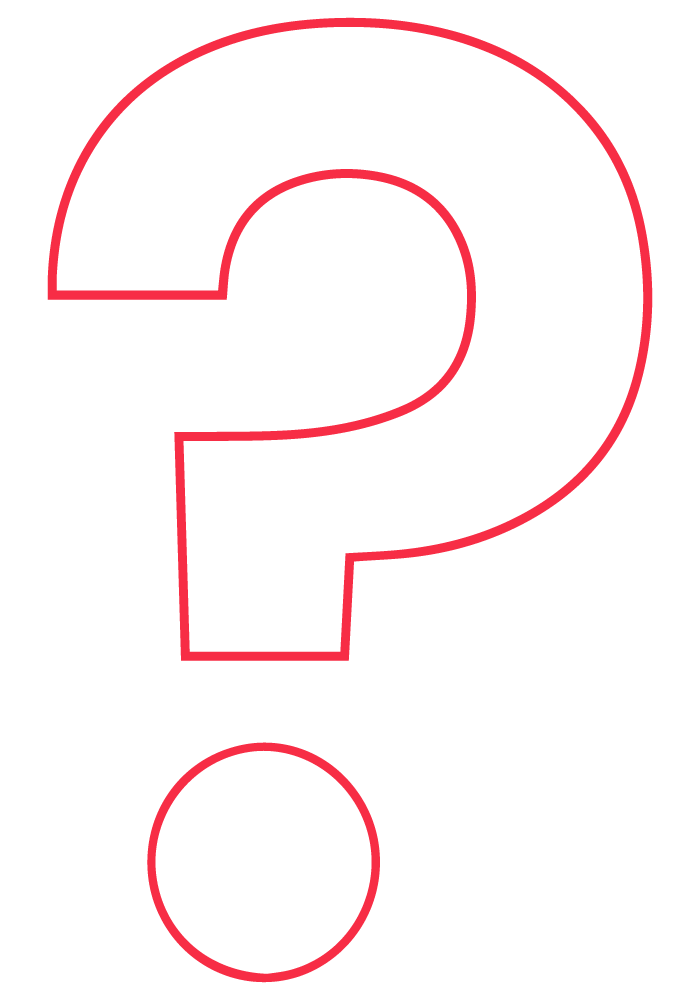
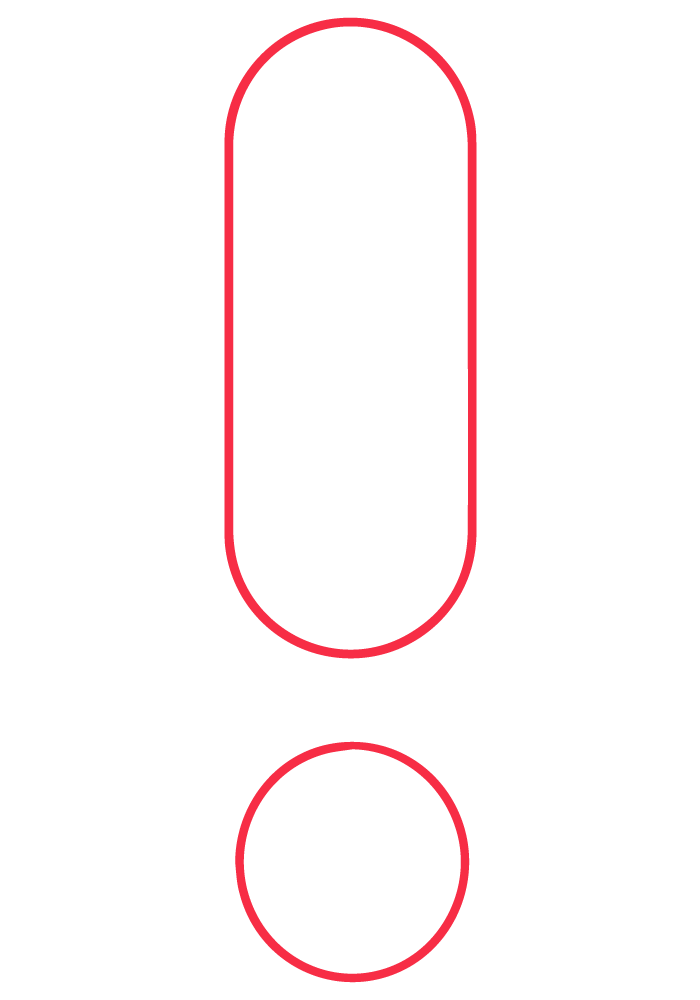
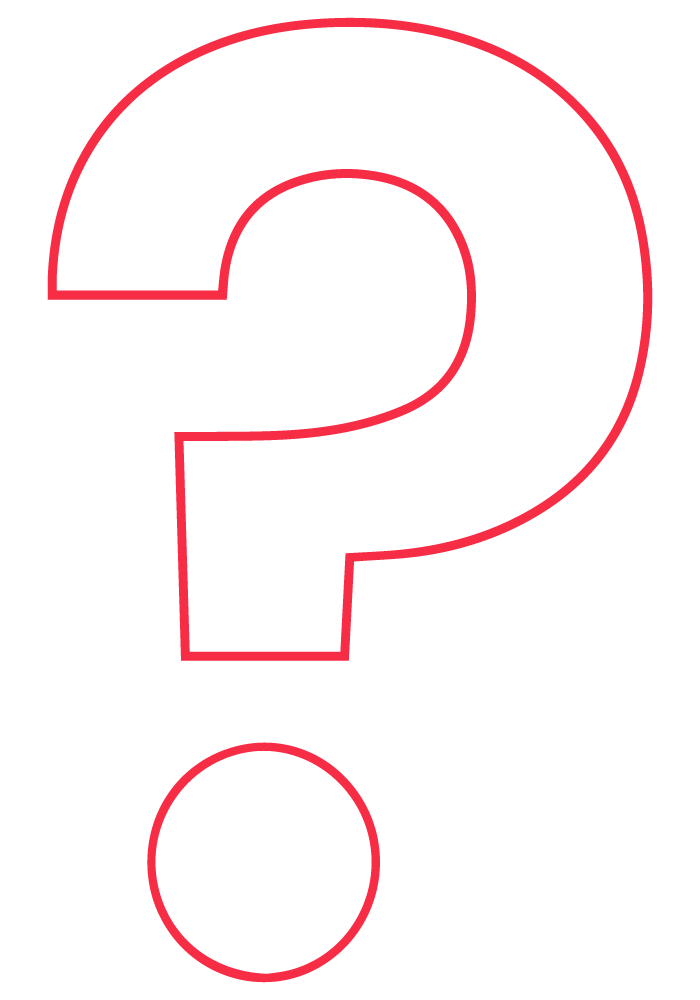
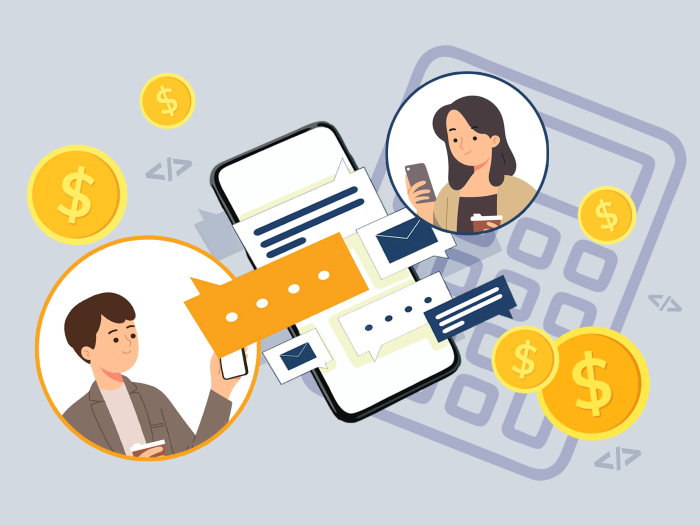 How Much Does It Cost to Build a Messaging App?
How Much Does It Cost to Build a Messaging App?
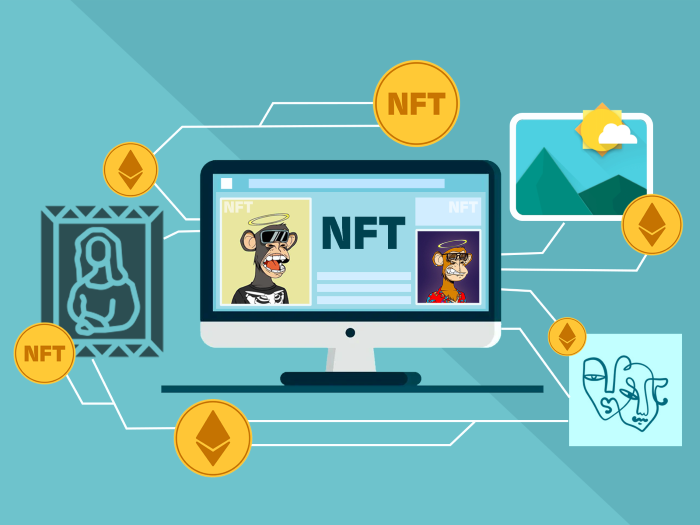 How to Create an NFT Marketplace: Development Guide
How to Create an NFT Marketplace: Development Guide
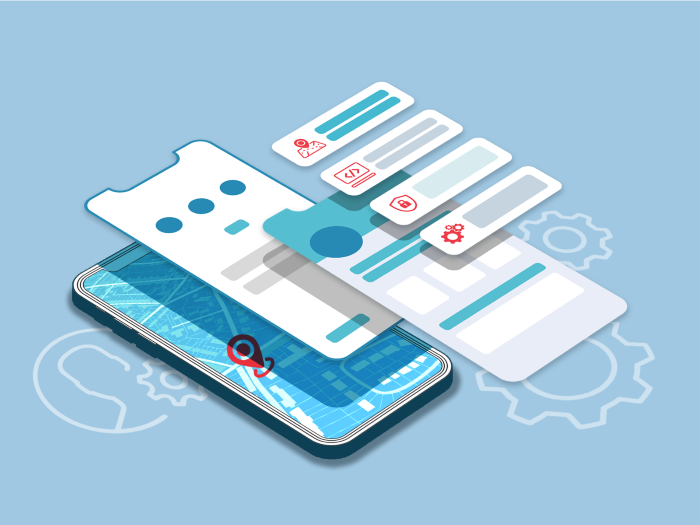 Must-Have Uber App Features: Building a Ridesharing App
Must-Have Uber App Features: Building a Ridesharing App